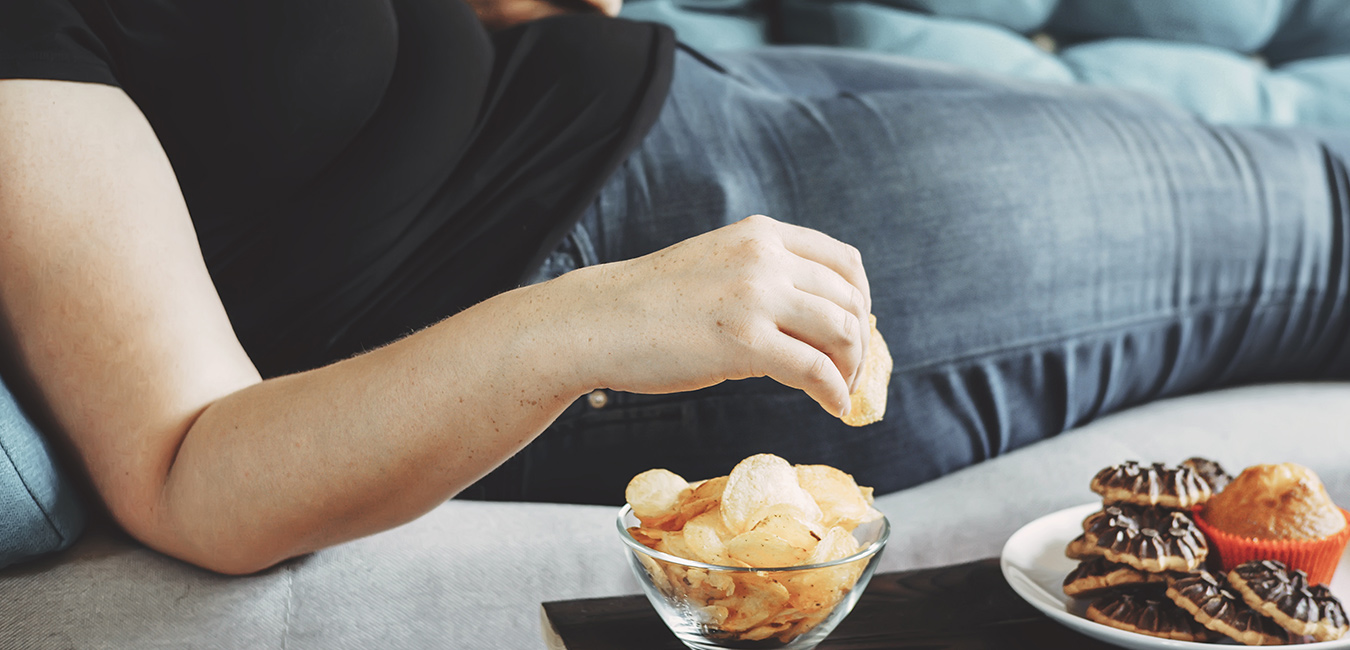Restrictions on some activities are starting to lift around the country, so it’s a good time to take stock of your health. Weeks under lockdown due to the coronavirus pandemic have been challenging! Here’s what’s happening in many households:
Less exercise
Many people are getting less physical activity than they used to. Gyms and exercise studios may still be closed or people don’t yet feel comfortable going back. Even if people don’t have a formal workout program, they probably got some overxercise just going to work, walking up and down stairs, or to a nearby lunch spot.
Bad eating habits
It can be harder to eat well while sheltering in place. If you are home most of the day, you may be snacking more than usual. And in times of crisis, people often reach for unhealthy foods, such as cookies, cakes, chips, and “comfort foods,” including starchy dishes like macaroni and cheese.
More alcohol
People are drinking more alcohol than usual. Sales of beer, wine, and liquor went up 55% when the lockdown first started and are still higher than normal.
Sky-high stress
People are naturally afraid of what to expect from the virus. And some have lost their jobs or are working under difficult conditions.
All of these factors can lead to negative consequences. In one online poll, 47% of women and 22% of men reported gaining weight during the pandemic. Consuming comfort foods, which often have lots of carbohydrates, fat, salt, and sugar, raises insulin levels. That can increase the risk of diabetes. Eating lots of processed foods can increase triglycerides, a very bad type of blood fat, and lower “good” HDL cholesterol. This can increase your risk of heart attacks and strokes.
You probably know that none of this is good for your health or your heart. Here’s what can you do about it:
- Get moving! It’s fine to take a walk or run outside (with your doctor’s approval!) as long as you avoid gatherings and/or wear a mask. Luckily most places around the country are seeing good weather. If you must be inside, do simple stretches or march or jog in place. For every movie you watch on TV, do 20 minutes of some kind of activity, from cleaning and gardening to playing active games with family members.
- Stock up on healthy foods. Buy a combination of fresh, frozen, and canned vegetables and fruits to last a week or more. That way there are always healthy foods on hand when you are preparing meals. Eat fresh products first and then the frozen or canned. Enjoy healthy snacks like fruit, popcorn (especially if you use an air popper!) and nuts, in moderation.
- Change your set-up. If you work at home, make sure your workspace is not near your kitchen to avoid the temptation to snack.
- Put yourself on a schedule. It can help your stress levels to take regular breaks and to put your work or projects aside at the end of the workday.
- Try relaxation. You can meditate or just practice deep breathing: take a long, slow breath in, then release it slowly. Repeat this for several minutes.
- Practice self-care. Take a hot bath, take a tea break in a quiet part of the house, or call a friend.
- Sleep well. Both too much and too little sleep have been linked to weight gain, so try to stay on a regular sleep schedule getting about 7-8 hours per 24.
Experts believe that people will probably lose quarantine-related weight gain when they resume their old lives. Now is the time to get started!

